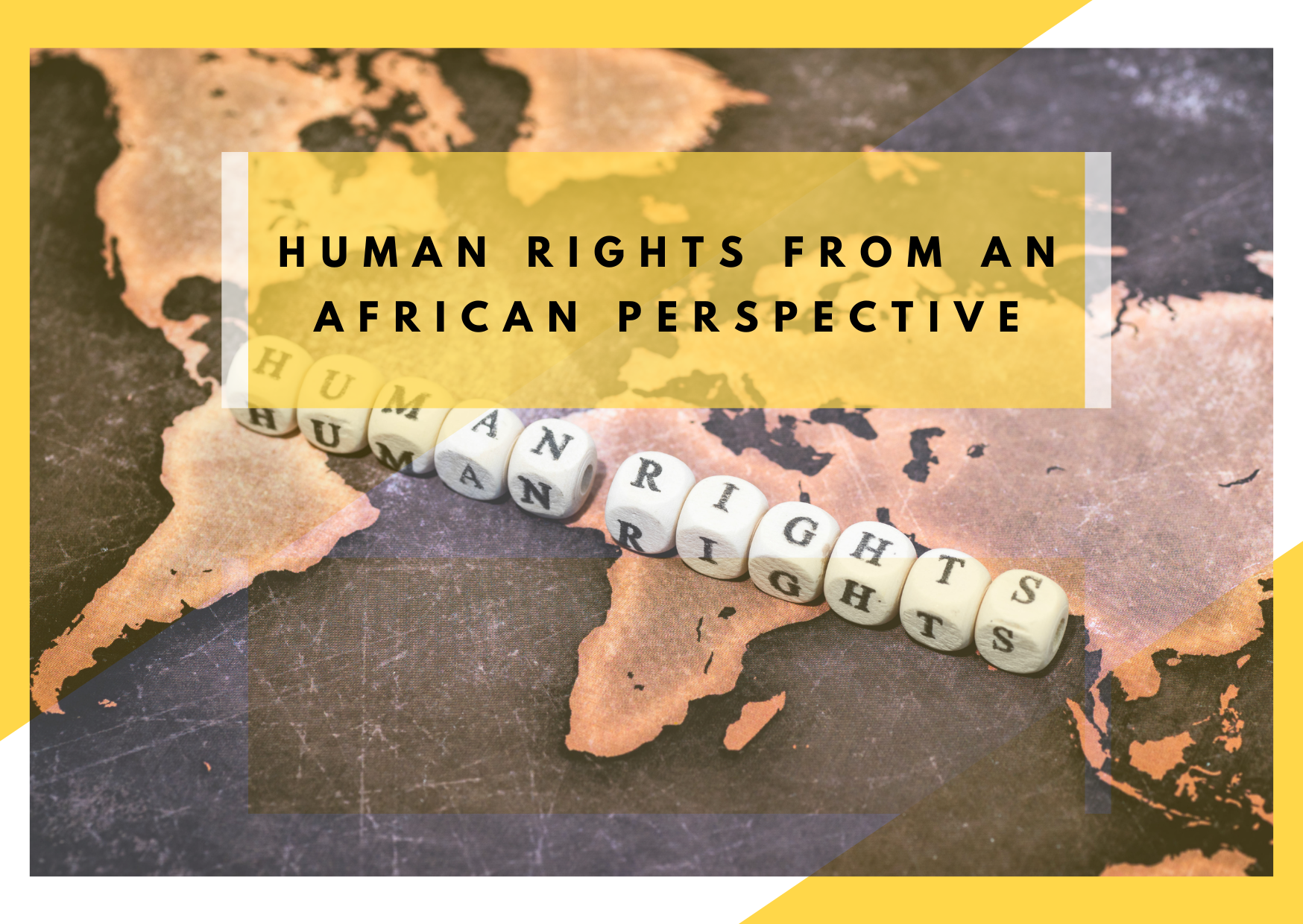July 9, 2025

Introduction: Understanding Human Rights in Africa
Human rights are universal in theory, but their interpretation and application can differ greatly across cultures and places. Human rights in Africa are heavily influenced by the continent’s distinct history, particularly the legacy of colonialism, as well as its varied cultural traditions. The struggle for independence, the pursuit of social justice, and the integration of traditional values with modern legal frameworks have all helped to shape the African view on human rights.
The Legacy of Colonialism and the Beginnings of Human Rights Movements
Colonialism was one of the darkest times in African history, characterized by the exploitation, oppression, and dehumanization of African people. The violation of basic rights during colonial rule—land dispossession, forced labor, and denial of civil liberties—paved the way for subsequent human rights campaigns. Following independence, African nations began to incorporate human rights into their constitutions, however implementation has sometimes been patchy.
Example: South Africa’s Struggle Against Apartheid
South Africa’s apartheid system (1948-1994) was widely considered as one of the most serious breaches of human rights. The system of racial segregation and oppression violated core human rights such as equality, freedom, and dignity. The anti-apartheid campaign, led by personalities such as Nelson Mandela, resulted in a substantial shift in international human rights activity. South Africa’s constitution is currently one of the most progressive, safeguarding a wide range of human rights, including social, economic, and environmental rights.
African Community Values and Human Rights.
In many African civilizations, communal rights are generally prioritized over individual rights. This approach contrasts with Western individualism by emphasizing the importance of collective prosperity. The African ideology of Ubuntu (“I am because we are”) encourages connection and emphasizes community duties.
Example: The African Charter on Human and Peoples’ Rights (Banjul Charter).
Impact: The African Charter, adopted in 1981 by the Organization of African Unity (now known as the African Union), emphasizes both individual and collective rights. It respects the right of communities to self-determination and growth, as well as people’ responsibilities to their families, communities, and nations. Countries including Kenya, Nigeria, and Ghana have absorbed parts of the Charter into their constitutions, reflecting Africa’s mix of individual and collective rights.
The Challenge of Political Repression and Authoritarianism.
Despite progress, many African countries face obstacles such as authoritarianism and political persecution. Some governments exploit security concerns, such as terrorism or civil disturbance, to justify restrictions on free speech, assembly, and political involvement.
Zimbabwe’s Human Rights Challenges
Their Impact: Zimbabwe suffered severe political repression, economic deterioration, and significant human rights violations, including the suppression of political dissent, censorship, and violence against activists. Although there has been some improvement after Mugabe’s resignation in 2017, political repression and human rights violations continue under the present government.
Gender Equality: Addressing Systemic Discrimination.
Gender inequality remains a major issue in Africa. Women and girls frequently confront systemic challenges, including limited access to school, employment, and healthcare, as well as harmful practices such as child marriage and female genital mutilation (FGM).
Example: Advocacy Against FGM in Kenya
Grassroots organizations, such as The Girl Generation, have worked relentlessly to prevent FGM in Kenya and across Africa. Countries such as Kenya have criminalized FGM through education campaigns and legal reforms, while community-led initiatives have managed to diminish its incidence.
Liberia’s Women in Peacebuilding
Leymah Gbowee, a Liberian activist who helped rally women from many religious and ethnic backgrounds to demand peace during Liberia’s civil conflict, demonstrates how African women are spearheading human rights advocacy. Her efforts resulted in the 2003 peace deal, which earned her the Nobel Peace Prize in 2011.
Economic and Social Rights: Right to Development
Poverty, unemployment, and a lack of access to education and healthcare remain major impediments to human rights in Africa. Economic and social rights, such as the right to education, food, and shelter, are required for the exercise of other rights.
Example: Education is a human right.
Boko Haram’s 2014 abduction of Chibok schoolgirls in Nigeria exposed the vulnerability of children pursuing education in conflict zones. The global #BringBackOurGirls movement not only advocated for their release, but also highlighted the significance of ensuring safe and fair access to education for all children.
Example: Access to Water in Cape Town
In 2018, Cape Town experienced a major water crisis, which raised serious concerns about the right to clean water and sanitation. Local activists and international human rights organizations have advocated for institutional improvements to promote fair water distribution and sustainability.
Climate Justice: An Emerging Human Rights Concern
Africa is one of the hardest hit by climate change, although contributing the least to global emissions. Rising temperatures, droughts, and floods jeopardize livelihoods, food security, and the right to a safe environment.
Example: Cyclone Idai’s Aftermath in Mozambique
In 2019, Cyclone Idai destroyed Mozambique, Malawi, and Zimbabwe, displacing millions. The calamity highlighted the importance of climate justice and the responsibilities of wealthier nations to assist Africa in addressing climate impacts.
Indigenous Rights and Land Issues.
Large-scale development projects, mining, and deforestation frequently marginalize indigenous tribes in Africa, causing them to lose their native lands. This is against their rights to land, culture, and self-determination.
Example: The Ogiek Case in Kenya.
In 2017, the African Court on Human and Peoples’ Rights decided in favor of Kenya’s Ogiek people, validating their land rights and protecting them from forced evictions. This important case established a precedent for defending indigenous rights throughout Africa.
Conclusion: Creating a Right-Based Future in Africa
The African view of human rights is profoundly ingrained in the continent’s history, culture, and desire for a just society. While considerable issues remain, Africa’s tenacity and dedication to justice are demonstrated through struggles for independence, collective activism, and innovative legal systems. Africa is paving the way for a more egalitarian future by addressing systemic disparities, empowering communities, and balancing universal and cultural right.
Author : Eunice Ndungu
